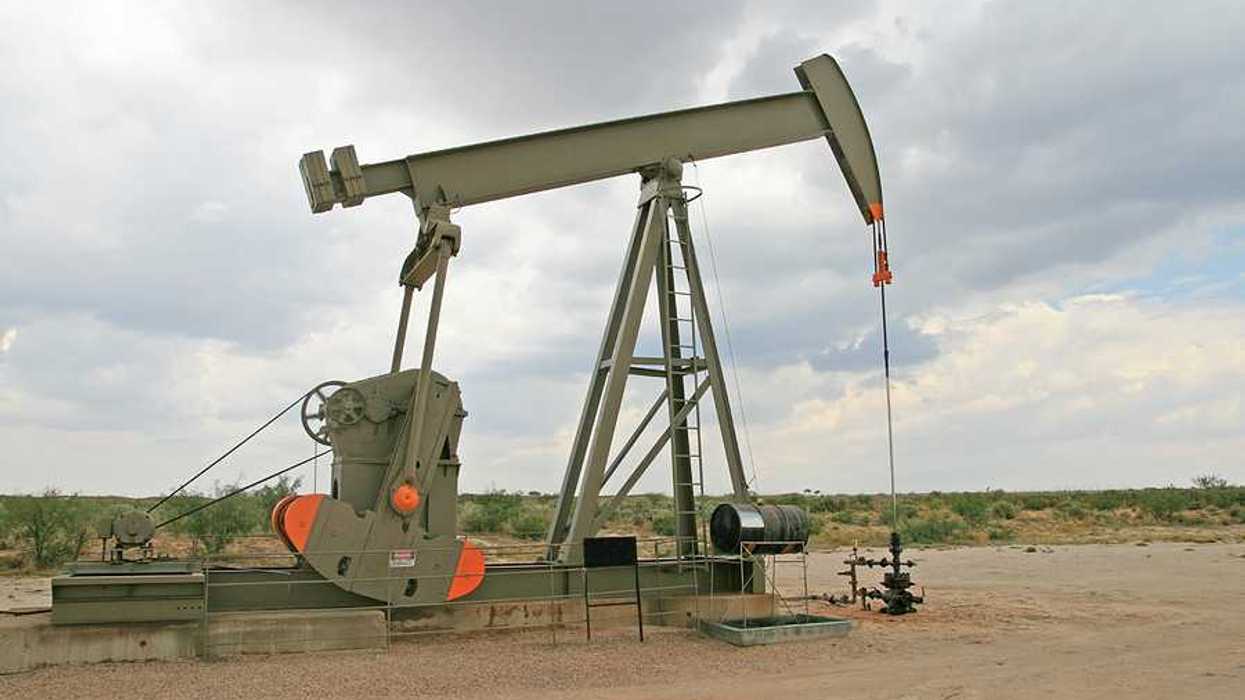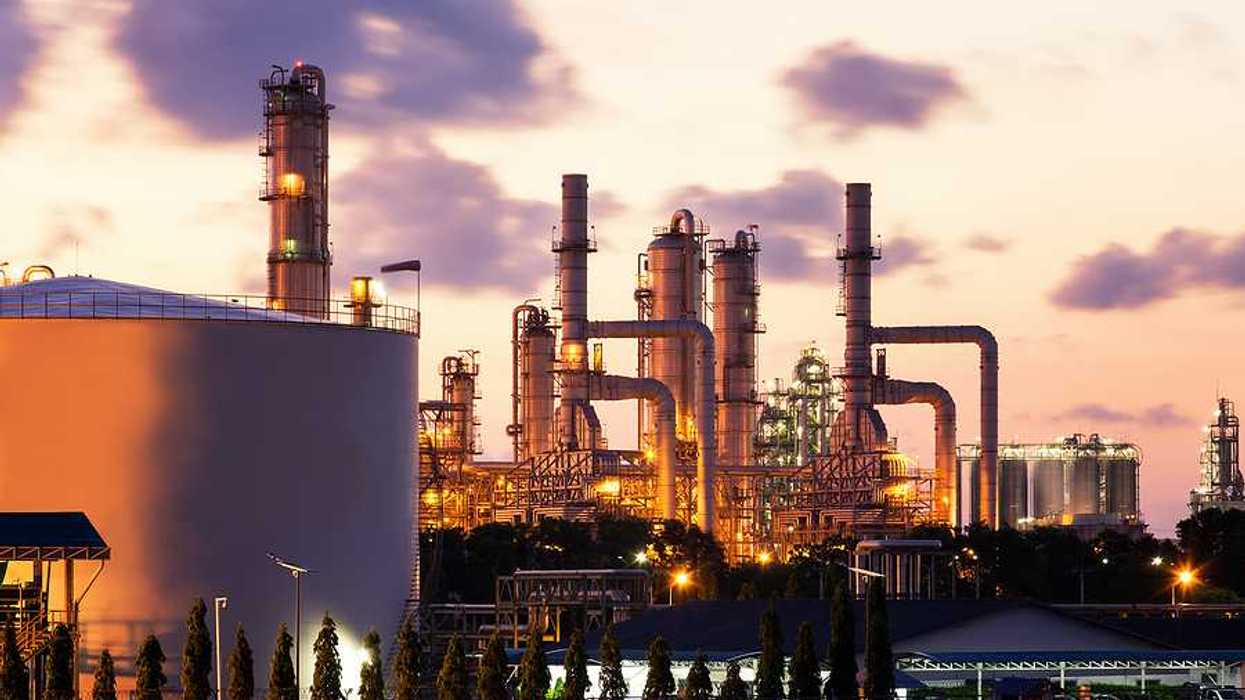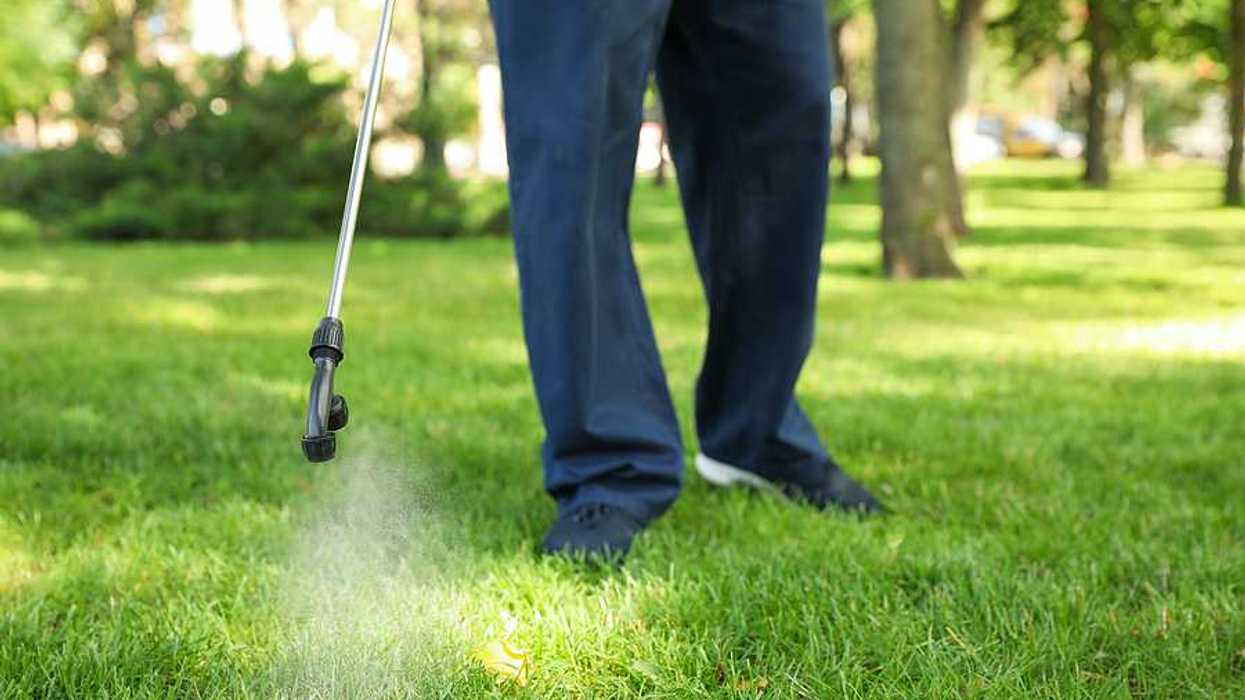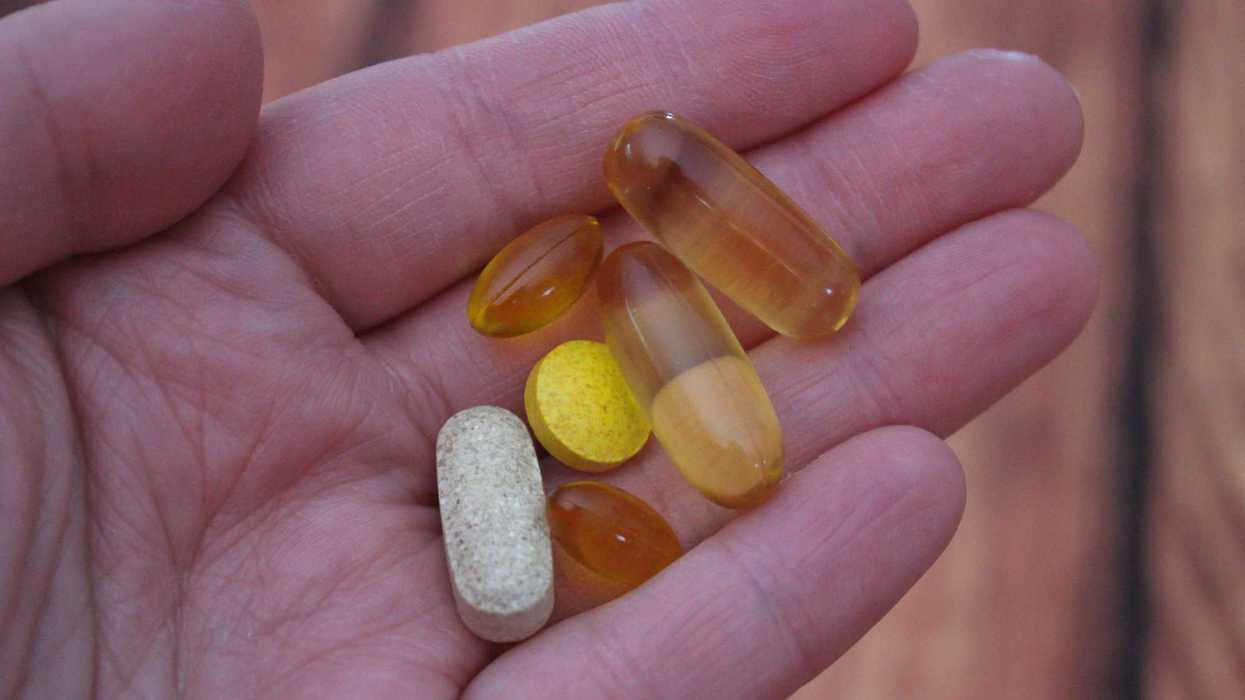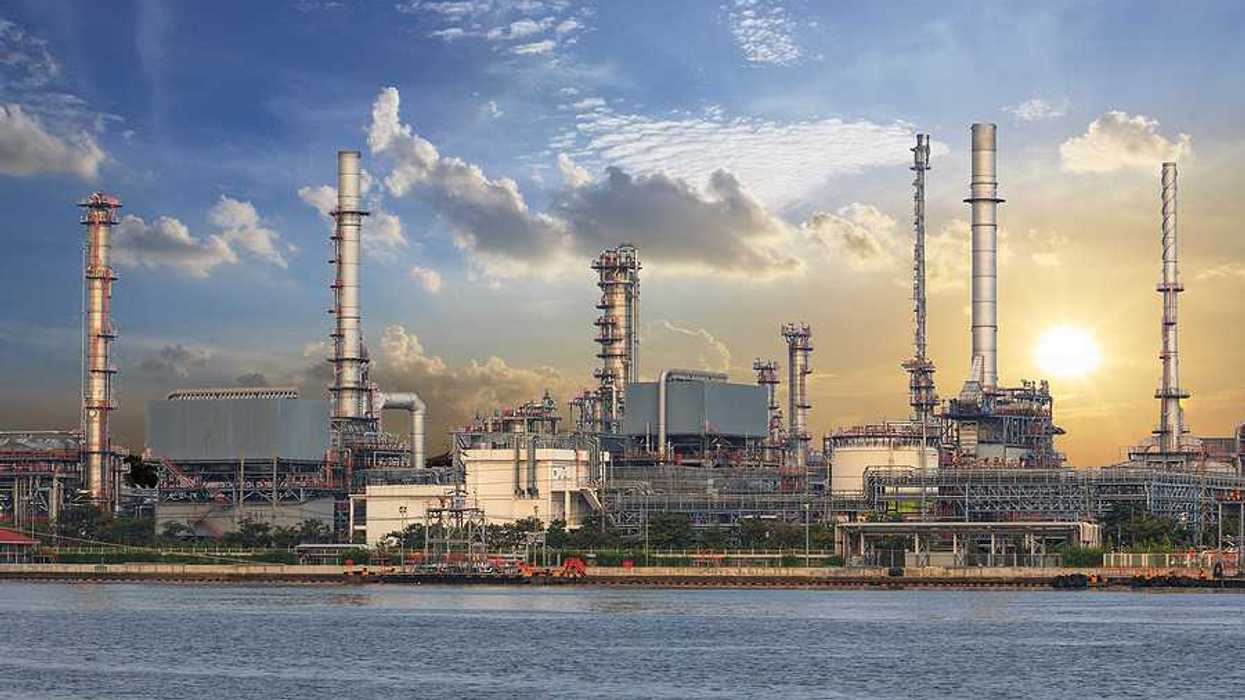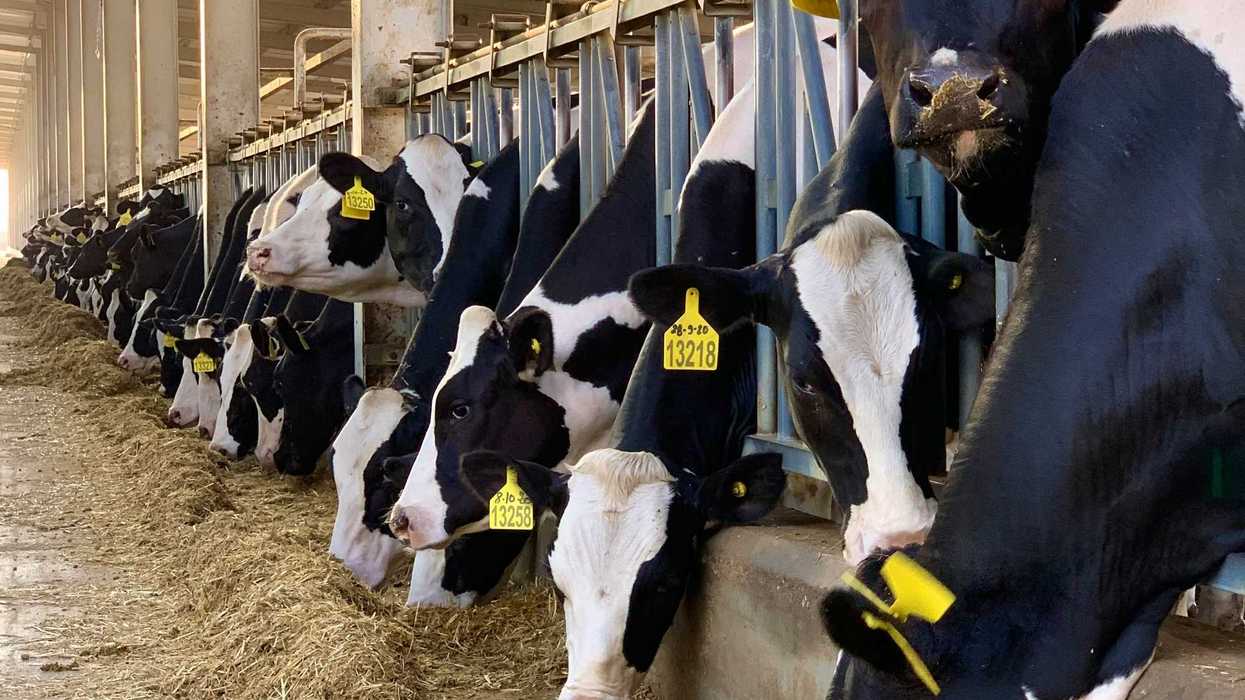Many products labeled "compostable" often fail to decompose properly, leading to consumer confusion and environmental concerns.
Allyson Chiu reports for The Washington Post.
In short:
- The term "bioplastics" includes various materials, not all of which are plant-based or compostable.
- Certified compostable plastics often require industrial composting conditions and may still retain some toxicity.
- Local waste management practices heavily influence the actual compostability of these products.
Key quote:
“There’s real confusion over what is really biodegradable, what is really compostable, what is Earth-friendly.”
— Judith Enck, Beyond Plastics
Why this matters:
Misleading labels on bioplastics can result in improper disposal and environmental harm. For an item to decompose properly, it typically requires specific conditions found in industrial composting facilities, such as high temperatures and controlled humidity. Unfortunately, these facilities are not widely available, and many compostable items end up in landfills where they don't break down any faster than regular plastic.This misalignment between product claims and real-world composting capabilities has left many well-intentioned consumers feeling duped.


